Black Devil Boa for sale
$780.00
Black devil boas are fascinating and captivating snakes that can make wonderful pets for those willing to provide the time, care, and commitment they require. If you’re considering adding a black devil boa to your family, it’s crucial to educate yourself about their needs, costs, and legal requirements.
The Ultimate Guide to Black Devil Boas: A Fascinating Exotic Pet
The black devil boa for sale, scientifically known as Boa constrictor, is a captivating snake species that has garnered attention among reptile enthusiasts for its striking appearance and unique characteristics. This comprehensive guide will explore everything you need to know about black devil boas, including their care, habitat, pricing, and where to find them for sale.
What is a Black Devil Boa?
Overview
The black devil boa for sale is a color morph of the boa constrictor, which is native to Central and South America. This snake is known for its dark, rich coloration, typically exhibiting deep black or dark brown hues adorned with lighter patterns or markings. These unique physical traits make the black devil boa particularly appealing to reptile enthusiasts.
Physical Characteristics
The black devil boa for sale are medium to large-sized snakes, typically growing between 6 to 10 feet in length. The females are usually larger than the males, with some individuals reaching lengths of up to 12 feet. Their bodies are robust and muscular, allowing them to constrict their prey effectively.
In addition to their impressive size, the black devil boa’s coloration is what sets them apart. Their base color can range from deep black to dark brown, often featuring lighter spots or patterns that provide excellent camouflage in their natural habitat.
Lifespan
With proper care, black devil boas can live for 20 to 30 years in captivity. This long lifespan makes them a long-term commitment for prospective owners, requiring dedication and responsibility.
Personality and Behavior
Temperament
Black devil boas are known for their generally docile and calm temperament, which makes them suitable for both novice and experienced snake keepers. They can become accustomed to handling, especially if they are socialized from a young age. However, individual personalities can vary, so it’s essential to handle them with care and respect.
Activity Level
These snakes are primarily nocturnal, meaning they are most active during the night. They enjoy exploring their environment and can be quite curious. Providing adequate enrichment in their habitat is crucial to keep them stimulated and happy.
Feeding Habits
In the wild, black devil boas primarily feed on small mammals, birds, and sometimes reptiles. In captivity, they can be fed a diet of appropriately sized rodents, such as mice and rats. Juveniles may require smaller prey items, while adults can consume larger ones, including rabbits.
Care Requirements
Caring for a black devil boa requires an understanding of their specific needs regarding habitat, diet, handling, and health care. Here are the essential care requirements for your new pet.
Housing
Creating a suitable habitat is crucial for the health and well-being of your black devil boa. Here are some key considerations:
1. **Enclosure Size**: A suitable enclosure for a juvenile black devil boa should be at least 40 gallons, while adult boas require a larger space, ideally a minimum of 6 feet in length. This allows them to move freely and explore their environment.
2. Enclosure Type Glass terrariums or plastic enclosures designed for reptiles are ideal for housing black devil boas. Ensure the enclosure has a secure lid to prevent escape.
3. **Substrate**: Choose a suitable substrate such as aspen shavings, coconut fiber, or reptile carpet. Avoid using cedar or pine shavings, as these can be harmful to snakes.
4. **Hiding Spots**: Provide hiding spots using caves, logs, or other structures where the snake can retreat to feel secure. This is essential for reducing stress, especially during shedding.
5. Temperature and Humidity: Black devil boas require a temperature gradient in their enclosure. The warm side should be kept between 85°F to 90°F, while the cooler side should be around 75°F to 80°F. Use a heat source like an under-tank heater or heat lamp. Maintain humidity levels between 40% to 60%, ensuring proper shedding and overall health.
Diet
A well-balanced diet is crucial for the health of your black devil boa. Here are some feeding guidelines:
1. **Prey Size**: Feed your boa prey items that are roughly 1.5 times the width of their body. For juveniles, this may include pinky or fuzzy mice, while adults may require larger rats or rabbits.
2. **Feeding Frequency**: Juvenile boas should be fed every 5 to 7 days, while adults can be fed every 10 to 14 days. Monitor their weight and adjust the feeding schedule accordingly.
3. **Thawing Prey**: If feeding frozen prey, ensure the food is fully thawed before offering it to your snake. Warm it slightly in warm water to make it more enticing.
Handling
Proper handling is essential for building trust and ensuring a positive relationship with your black devil boa. Here are some tips for safe handling:
1. **Frequency**: Handle your boa regularly, but avoid excessive handling, especially immediately after feeding or during shedding.
2. **Gentle Support**: Always support the snake’s body while handling, allowing it to feel secure. Avoid sudden movements that may startle the snake.
3. **Watch for Stress Signs**: Be observant of your snake’s behavior. If it becomes agitated or stressed, return it to its enclosure to prevent injury.
Health Care
Regular veterinary care is essential for maintaining your black devil boa’s health. Here are some health considerations:
1. **Veterinary Check-Ups**: Schedule routine check-ups with a veterinarian experienced in treating reptiles. They can provide vaccinations, check for parasites, and monitor your boa’s overall health.
2. **Signs of Illness**: Be aware of signs of illness, such as lethargy, lack of appetite, abnormal shedding, or respiratory issues. If you notice any concerning symptoms, consult a veterinarian promptly.
3. **Proper Shedding**: Ensure your boa has access to appropriate humidity levels to facilitate proper shedding. If shedding issues arise, provide a humid hide or soak the snake in lukewarm water to assist with the process.
Common Health Issues
Like all pets, black devil boas can experience health issues. Regular veterinary care and monitoring are essential for maintaining their health. Here are some common health concerns to be aware of:
Respiratory Infections
Respiratory infections are a common issue in snakes, often caused by inadequate humidity levels or temperature fluctuations. Symptoms may include wheezing, nasal discharge, and lethargy. Prompt veterinary care is necessary for treatment.
Parasites
External parasites, such as mites or ticks, can affect your boa. Regularly inspect your snake and enclosure for signs of parasites. A veterinarian can provide treatments if infestations occur.
Obesity
Obesity can be a concern in pet boas, especially if they are overfed or not given enough opportunities for exercise. Monitor their weight and consult a veterinarian if you notice any changes.
Shedding Problems
Improper humidity levels can lead to shedding problems, resulting in retained skin or incomplete sheds. Ensure your boa has access to appropriate humidity levels and consult a veterinarian if shedding issues persist.
Black Devil Boa Price
When considering the black devil boa price, be prepared for a range of costs depending on various factors. Here’s what to expect:
Purchase Price
The price of a black devil boa can vary significantly based on factors such as:
– **Morph and Coloration**: Unique morphs or color variations, such as the black devil, may command higher prices compared to standard boas. Prices typically range from $300 to $1,000, depending on the morph and the breeder’s reputation.
– **Breeder Reputation**: Established breeders who prioritize health and proper socialization may charge higher prices than less reputable sources.
– **Location**: The price may vary based on geographic location and availability. Urban areas may have higher prices due to demand.
Additional Costs
Aside from the initial purchase price, consider the ongoing costs associated with pet ownership:
1. **Cage and Equipment**: A suitable enclosure can range from $150 to $600, depending on size and features.
2. **Diet**: Monthly expenses for food can vary but expect to spend around $50 to $100 on appropriate prey items.
3. **Toys and Enrichment**: Budget for enrichment items, which can cost $20 to $50 per month.
4. **Veterinary Care**: Annual check-ups can range from $50 to $200, depending on the services required.
Finding Black Devil Boas for Sale
If you’re ready to add a black devil boa to your family, it’s essential to find a reputable source. Here are some options for finding black devil boas for sale:
Reputable Breeders
Searching for a black devil boa for sale often leads to local breeders who specialize in boas. Look for breeders who prioritize the health and well-being of their animals. Reputable breeders should provide:
– Health guarantees
– Information about the boa’s lineage
– Proper documentation
Pet Stores
Some exotic pet stores may carry black devil boas. However, it’s essential to research the store’s reputation and ensure that they prioritize the health and care of their animals. Ask about the snake’s history and any available health documentation.
Online Resources
Websites dedicated to exotic pet adoption and sale may also have listings for black devil boas. Be cautious when purchasing online, and always verify the seller’s reputation before making a commitment.
Legal Considerations
Before acquiring a black devil boa, it’s vital to understand the legal implications of ownership. The legality of keeping boas as pets varies by state and locality. Here are some steps to follow:
1. **Research Local Laws**: Check your state and local laws regarding the ownership of exotic animals. Some places may have restrictions or require permits to keep certain species of snakes.
2. **Obtain Necessary Permits**: If your area allows boa ownership, ensure you apply for and obtain any required permits or licenses.
3. **Consult Wildlife Authorities**: Reach out to local wildlife agencies to understand the regulations and responsibilities involved in keeping a black devil boa as a pet.
Conclusion
Black devil boas are fascinating and captivating snakes that can make wonderful pets for those willing to provide the time, care, and commitment they require. If you’re considering adding a black devil boa to your family, it’s crucial to educate yourself about their needs, costs, and legal requirements.
From finding a reputable breeder to ensuring you have the right environment and diet, careful planning will lead to a fulfilling experience with your new pet. With proper care and socialization, your black devil boa can become a cherished member of your family, bringing joy and companionship for years to come. Whether you’re searching for a **black devil boa constrictor for sale** or looking for **black devil boa prices**, be sure to choose a source that prioritizes the health and well-being of their animals. Embrace the journey of welcoming a black devil boa into your life, and enjoy the many rewards of exotic pet ownership!

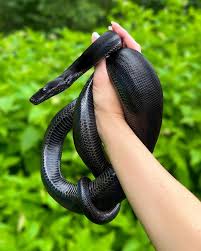
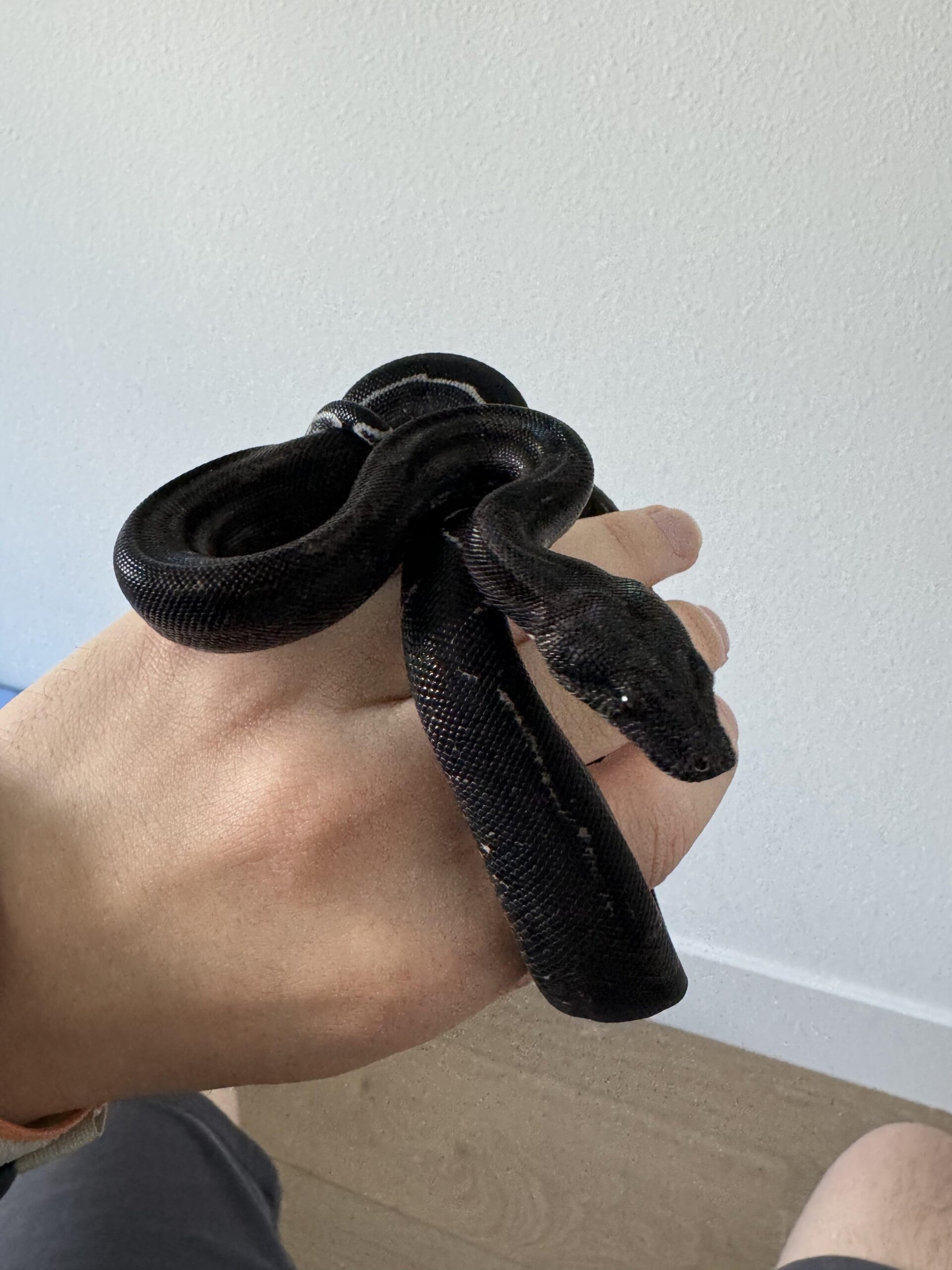


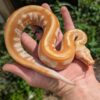
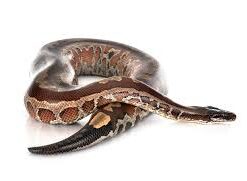
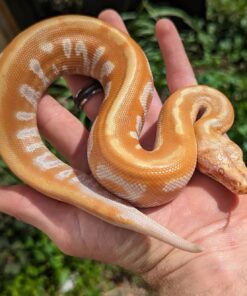
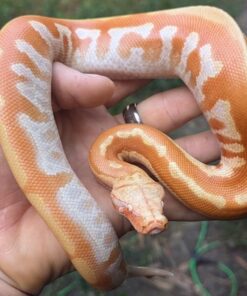
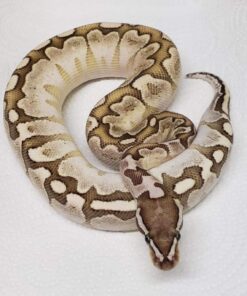
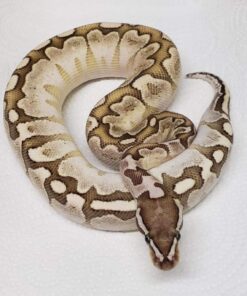
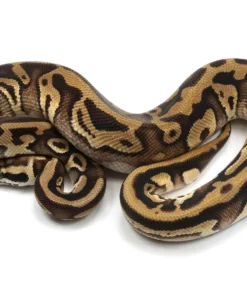

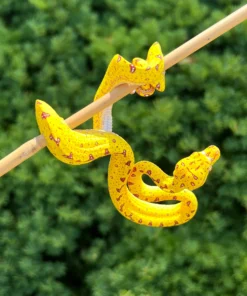
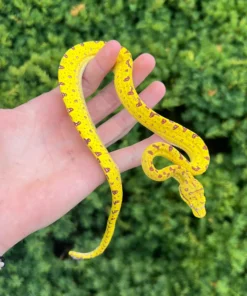
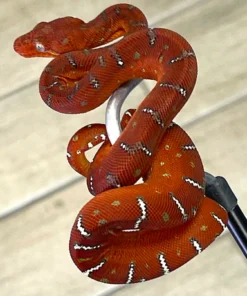


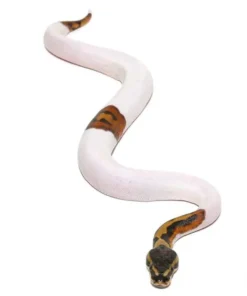
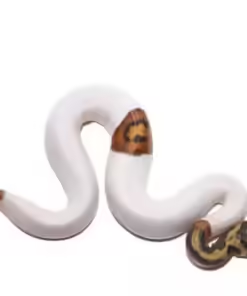
Reviews
There are no reviews yet.